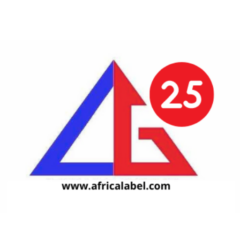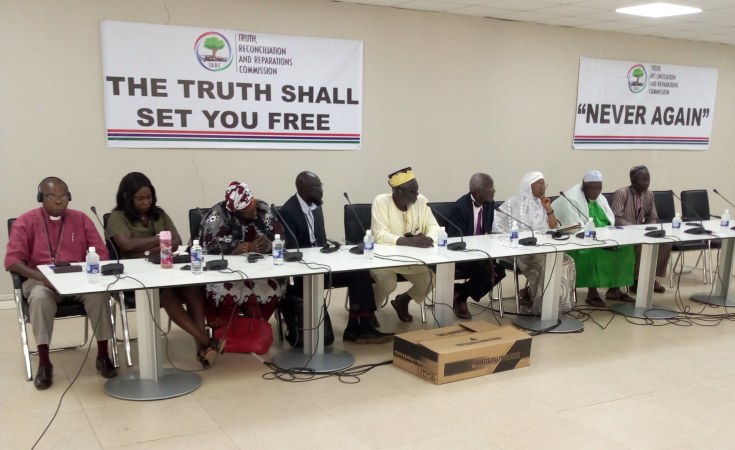- Client: HEIFER International
- Region of the intervention: Sahel region
- Period: November-December 2021
The overall objective of this consultancy is to conduct a comprehensive scoping study of the Sahel and develop a five-year strategic and operational plan that will enable Heifer International to implement its interventions and mandate in the Sahel. For the purpose of this study, the Sahelian belt covers, in whole or in part, the following countries: Mali, Burkina Faso, Northern Nigeria, Senegal, Mauritania, and Norther Cameroun. The outcomes and recommendations from this study should enable Heifer to decide on which of these countries to focus resources.
The scope of work for the Consultant will include but not limited to the following objectives, in coordination with Heifer Senegal and other Heifer Stakeholders:
• Undertake a situational analysis of relevant ongoing development programs and interventions to date in the region;
• Carry out an exhaustive stakeholders’ mapping and analysis in the Sahel, the axes of which are in line with Heifer’s missions. This mapping will include the activities of private sector, bilateral/multilateral agencies, key challenges that stakeholders face, as well as their lessons learned;
• Collect and analyze all the specific information on the Multiple uses of water, Livestock, Agriculture, Governance, etc. (production players, production systems and areas, actual supply or production, factors limiting the quality of production, associated costs, and added value, on all links in the chain: from production to end market for all value chains, etc.) in the Sahel;
• Through a consultative process and application of appropriate tools of analysis, identify focus areas, the thrust areas of interventions, long term goals, strategic objectives, key result areas for Heifer International. The thrust areas will focus on key value chain opportunities in the Sahel: collection and analysis of relevant market information, exploration of potential market channels which, if fully exploited, could contribute to the production and market efficiency, identification of the strengths, weaknesses, opportunities, and threats at the level of these two value chains, in particular at the level of production and marketing systems (SWOT analysis) and proposal of improvement strategies taking into account the associated costs, added value and investment needs in key sectors of these value chains;
• Propose a strategy for achieving the strategic objectives and key results by highlighting: the strategic axes, the strategic lines of action and the implementation plan, the monitoring-evaluation framework;
• Propose monitoring and evaluating strategies (including the theory of change, result framework, key performance indicators, etc) and mechanisms to ensure the effective implementation of the strategic plan;
• Develop a Resources Framework for the plan period. This will include the Budget and potential sources of funding and a well-defined strategy for partnership and resource mobilization;
• Hold stakeholder meeting(s) and inception workshop(s) in the Sahel to validate the draft Strategic Plan; and
• Finalize Strategic plan and submit to Heifer International







